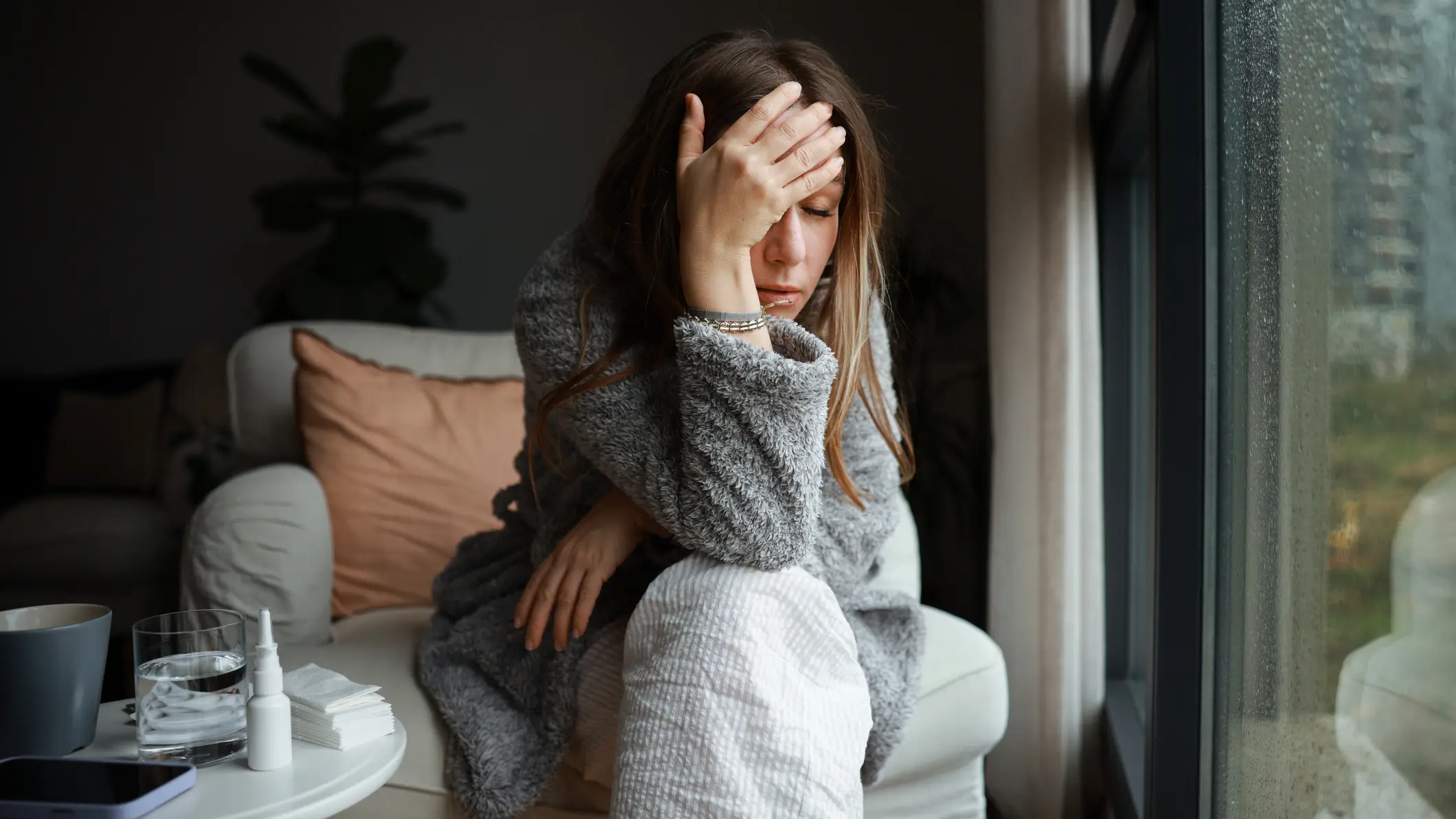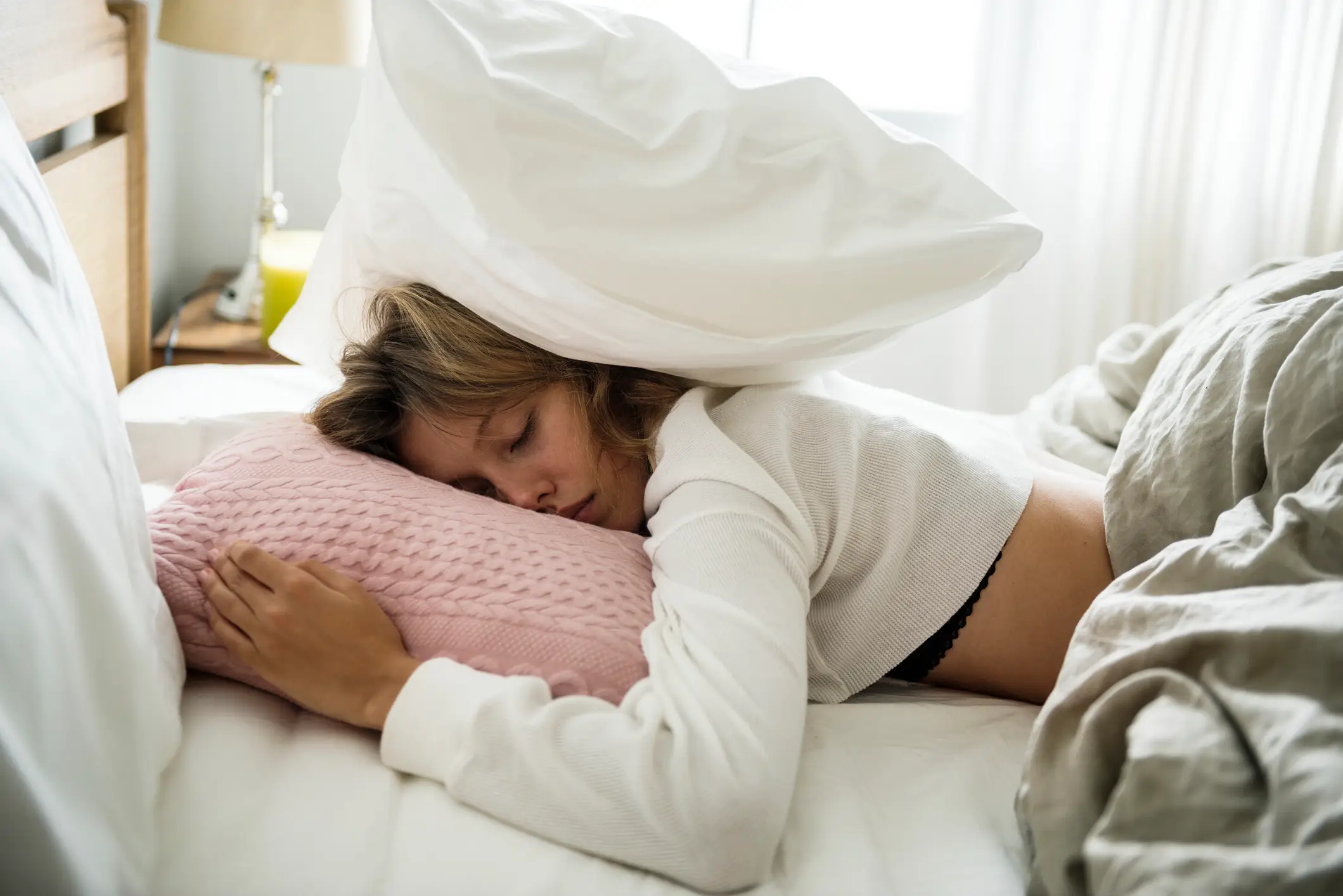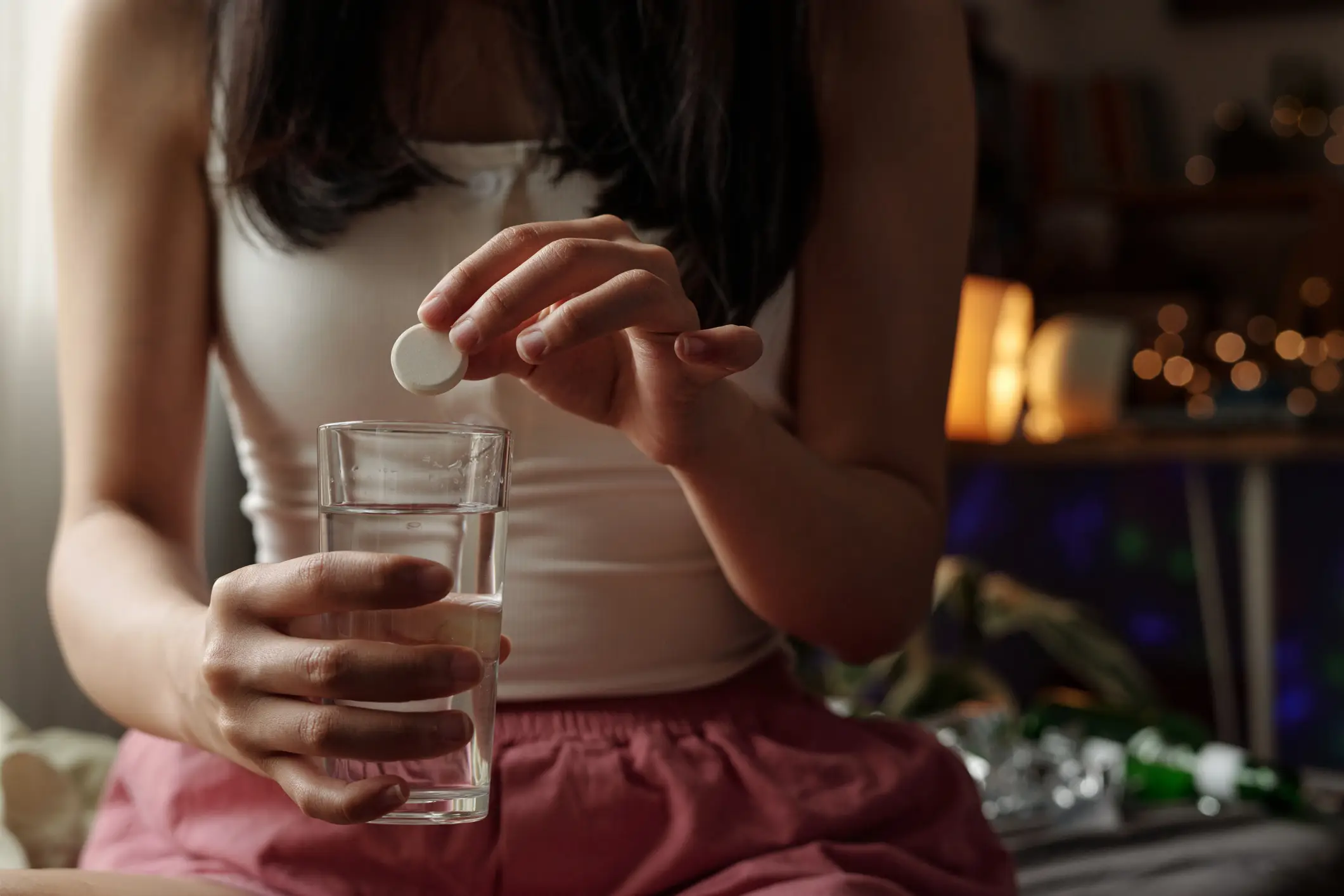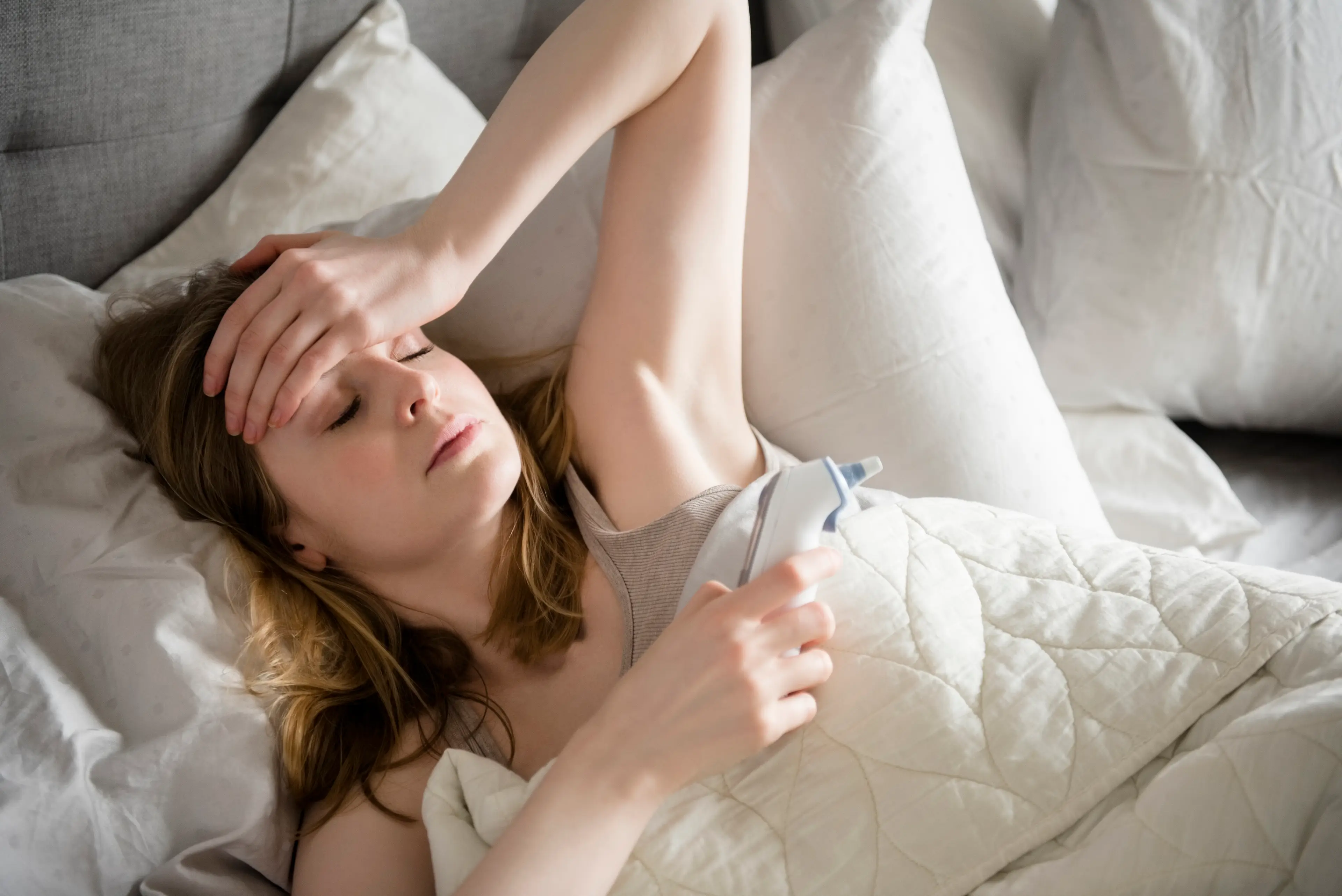
If you've ever woken up green with envy - and nausea - because your hangover is 10 times worse than your boyfriend's despite drinking the same amount, don't worry, it's not in your head.
It turns out women are more likely to experience those nightmarish hangovers than men are, and it's all to do with our biology.
It might have felt like anecdotal evidence in the past but now there’s some proper scientific backing that explains why women seemingly experience worse hangovers than men.
Dr Amir was quizzed on the topic during a recent appearance on chat show Lorraine as he explained why women are more likely to feel the effects of alcohol than their male counterparts, resulting in that pesky blinding headache the next morning.
Advert

It turns out that women have less alcohol dehydrogenase - an enzyme that breaks down alcohol - in their bodies compared to men.
This leads to slower alcohol metabolism and increased risk of hangovers.
And not only that, but for women, menstruation and menopause can also have an impact on those horrible effects of hangover.
"This is really interesting" explained Dr Amir.
"So women have less of [alcohol dehydrogenase] than men do, so they take longer to break down alcohol as alcohol is floating around their body more, so they're more likely to feel effects of alcohol and then get a hangover the following day as well."
But it's not all doom and gloom, though.
According to the medic, there are certain times during the menstrual cycle where women are actually less likely to experience drunkenness and hangovers.

Dr Amir explained that oestrogen levels, which play a vital role in female sexual and reproductive development, impact the efficiency of this enzyme.
This means that higher oestrogen levels during the first two weeks of the menstrual cycle reduce the likelihood of drunkenness and hangovers.
"They also have less circulating blood so that alcohol is concentrated. But oestrogen plays a part as it makes that alcohol dehydrogenase enzyme more efficient at breaking down alcohol," he explained.
"So actually, when you look at the menstrual cycle for the first two weeks of the menstrual cycle, your oestrogen levels are on the up, so you're more effective at breaking down alcohol, and less likely to get drunk, less likely to get a hangover.
"But the same when oestrogen levels drop, you're more likely to get drunk, more likely to get a hangover, and it's true after the menopause as well."

This means women may experience changes in their tolerance to alcohol as they age, especially after menopause when oestrogen levels decline.
Dr Amir added: "You might not be able to enjoy the drinks that you used to when you were younger because your oestrogen levels are lower, you don't break down alcohol as efficiently, and you're more likely to get a hangover too.
"So I think that's really fascinating."
No wonder we can't throw them back like we used to...
Topics: Health, Women's Health, Lorraine
